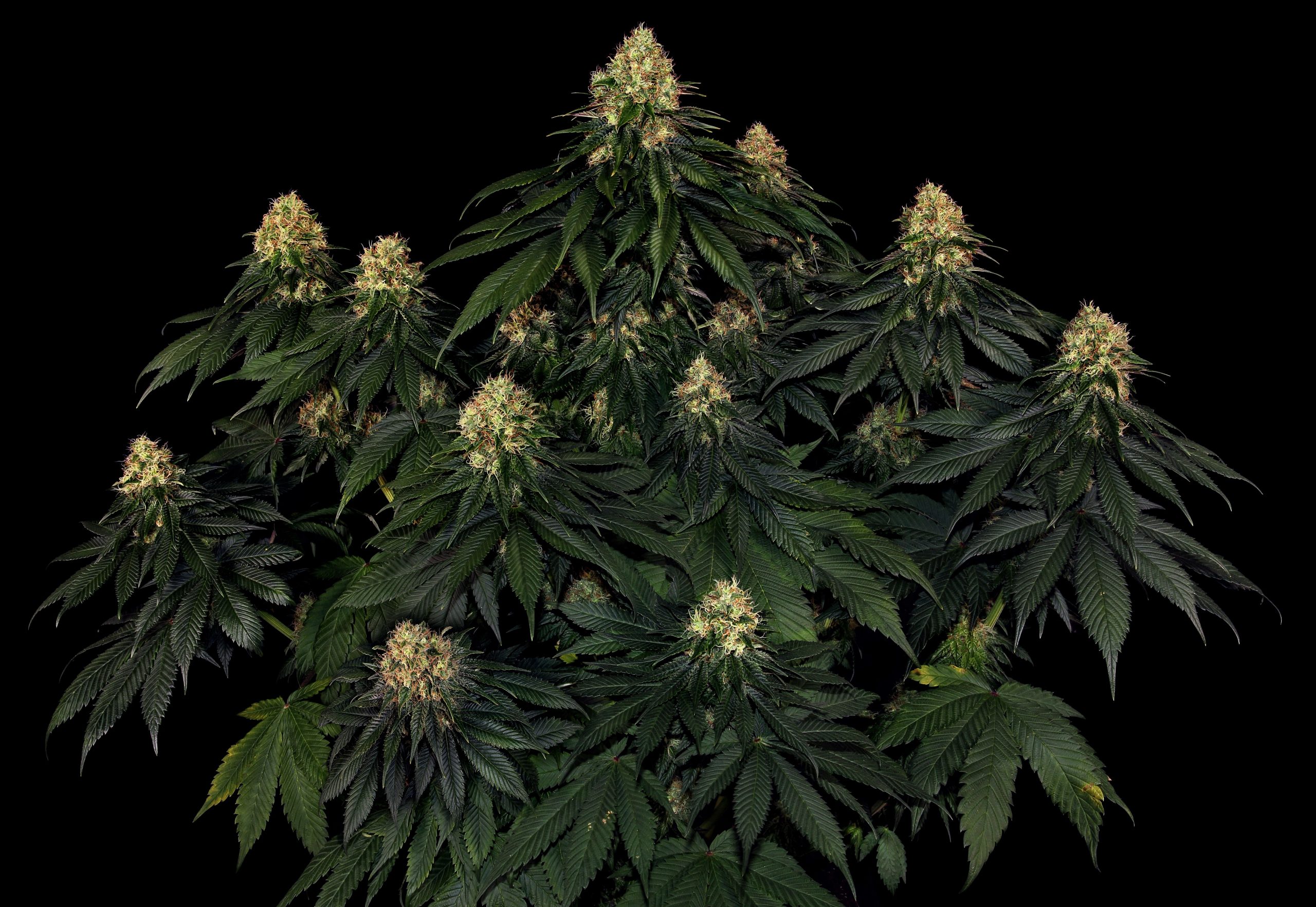What is the difference between hash and weed?
In common parlance, the term “weed” refers to the dried flowers (or buds) of the cannabis plant. These flowers are typically reduced to a fine powder before being smoked, vaporised, or used in the culinary arts. The cannabis plant’s flowers include cannabinoids, terpenes, and other chemicals. Cannabinoids such as THC (Tetrahydrocannabinol) and CBD (Cannabidiol) are … Read more














